Space Technologies for Boosting Transformation of Africa
August 22, 2025 09:30-11:30(JST)
- Date
- 2025/8/22 (Fri)09:30-11:30(JST)
- Field
- International brain circulation in space-related fields
- Venue / Event Format
- InterContinental / Hybrid (In-person and Online)
- Co-Host
- JAXA, cross U
Background
Space technology and associated space/spatial data play a critical role in international development as it has unique capabilities of enhancing the ability of countries to address myriads of development challenges from agriculture, water, disaster management, health, education, infrastructure among others. Use of various satellites could provide near real time data on weather to forecast conditions associated with the weather phenomena to help agriculture to mitigate disasters. It provides valuable data on climate patterns, deforestation, desertification, and other environmental changes which would be useful for climate mitigation and adaptation.
The African continent is already making important strides in utilizing the space technologies and associated data for the continental development. Not only the African Union recognizes space and spatial data as one of its Flagship Projects within the Agenda 2063, under its “Africa Outer Space Strategy and associated African Outer Space Program,” many countries in Africa have now formulated their own Space Strategy and created Space Agency to implement various different initiatives to accelerate the use of space for their socio-economic development. African Union also has established African Space Agency April 2025.
As Japan has garnered unique advantage in the area of space technology and use of space/spatial data, through its long history of developing technologies and experiences of utilizing the technologies for its own socio-economic development, it could offer many cooperation opportunities to African countries.
This TICAD side event, Space Technologies for Boosting Transformation of Africa,
will explore the challenges and opportunities of capitalizing space technology and associated space/spatial data usage that will lead to potential pathways to accelerate the African Development. The session will feature keynote presentations, followed by panel discussions of high-level representatives of space agencies from several African countries, representatives from both academic and private sectors.
Key Questions
Panel 1: Development Challenges in Africa and Policy Barriers Addressed by Space
- In which development sectors is space technology particularly relevant in the African context?
- To what extent is space technology currently being applied to areas such as climate change, agriculture, disaster management, and infrastructure in Africa?
- What are the main hurdles faced by African countries in developing their space policies and institutional frameworks? (e.g. legal systems, human resources, budgeting)
- What types of domestic and regional cooperation are needed for space agencies in Africa to function more effectively? What is your expectation for the collaboration with Japan?
Panel 2: Practical Approaches and Cooperation to Address Identified Challenges
- Based on the issues identified in Panel 1, what types of space technologies or data applications can serve as realistic solutions?
- How can private companies and startups—both in Africa and Japan—contribute to addressing those challenges?
- What kinds of collaboration models—such as technology transfer, human resource development, and joint research or pilot projects—already exist or could be further developed?
- What are some concrete examples or ideas for forming projects based on local needs and fostering public-private partnerships between Japan and African countries?
Objective
Understand the current conditions of Space Development in Africa
- Understand key challenges and opportunities for using space technology and its data dividends for African development.
- Showcase best practices, innovative initiatives and collaborative approaches that exist and/or could utilize in the African continent.
- Explore potential partnerships of Japan with Africa in areas such as technology transfer, knowledge co-creation, pilot projects and capacity building.
Speakers
Welcome remarks

- Ms. Katsura Miyazaki
- Vice President, JICA
Keynote remarks

- Mr. Shinichi Higuchi
- National Space Policy Secretariat, Cabinet Office of Japan
Panel Discussion

- Moderator Mr. Atsushi Yamanaka
- Senior Advisor, JICA
Panel 1
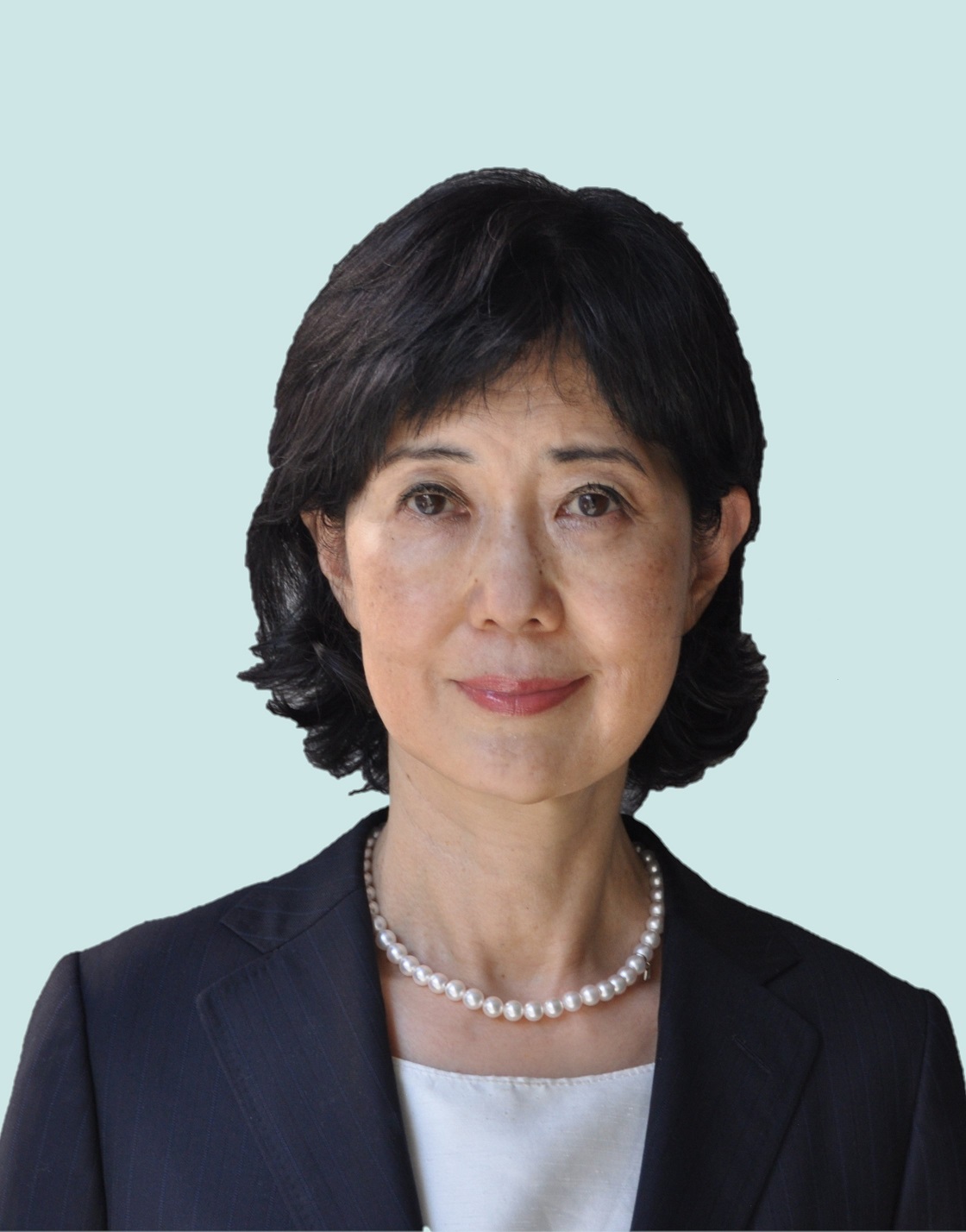
- Prof. Setsuko Aoki
- Chiba Institute of Technology

- Mr. Iain MacInnes
- Senior Director, Synspective
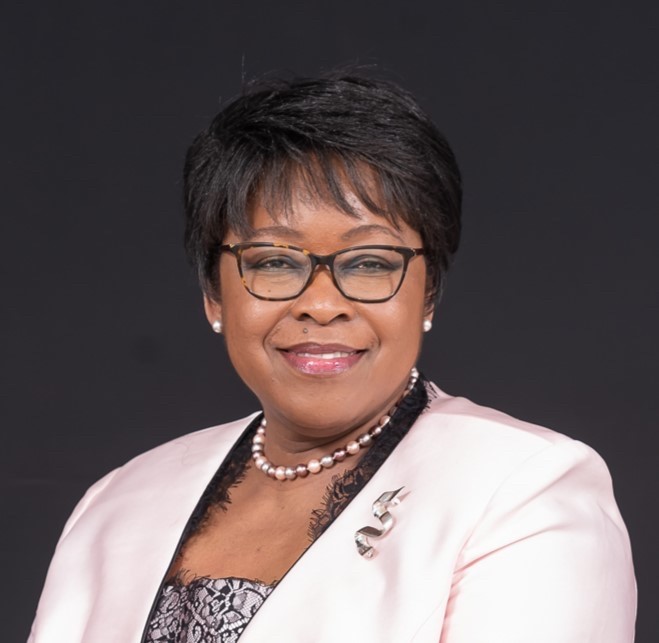
- Ms. Thandikile Patience Mbvundula
- Vice President, Council of the African Space Agency

- Mr. Brigadier Hillary Kipkosgey Biwott
- Director General, Kenya Space Agency

- Ms. Rosso Kane Dieng
- Director, Planning, Partnership, and Development Senegalese Space Studies Agency (ASES)
Panel 2
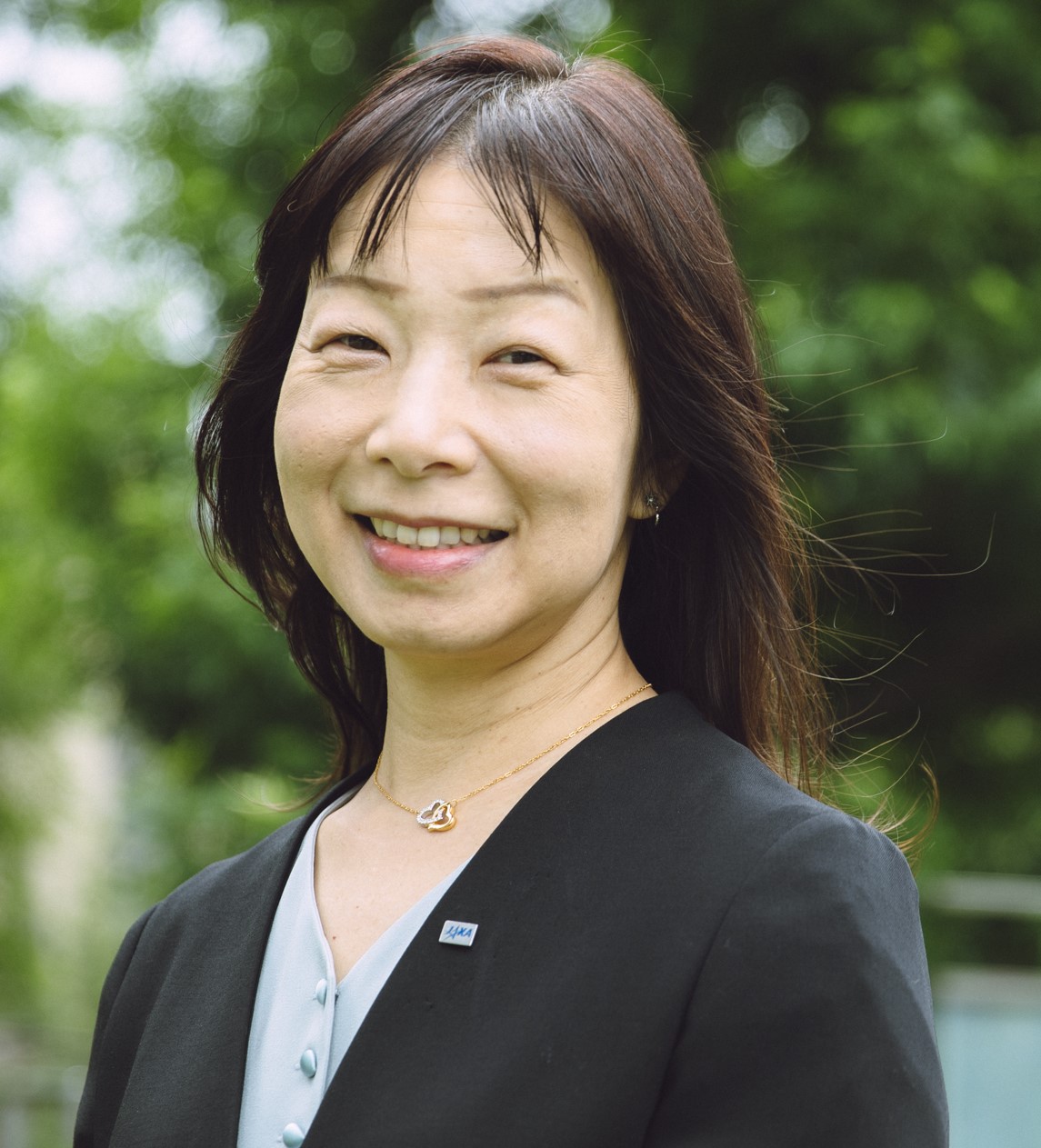
- Dr. Masami Onoda
- Director of International Relations and Research Department, JAXA
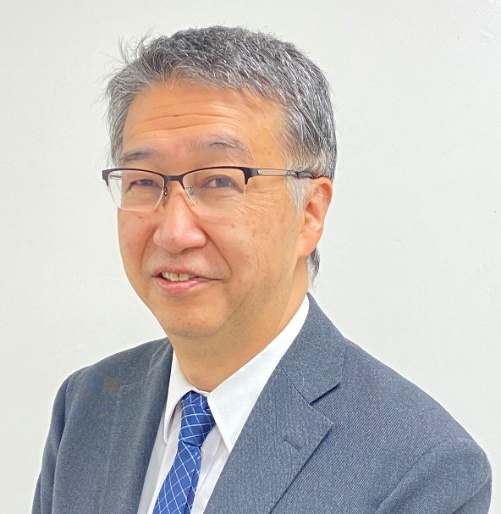
- Prof. Shinichi Nakasuka
- University of Tokyo

- Mr. Yuya Nakamura
- CEO, Axelspace Holdings

- Dr. Joseph Bremang Tandoh
- Director General, Ghana Space Science and Technology Institute
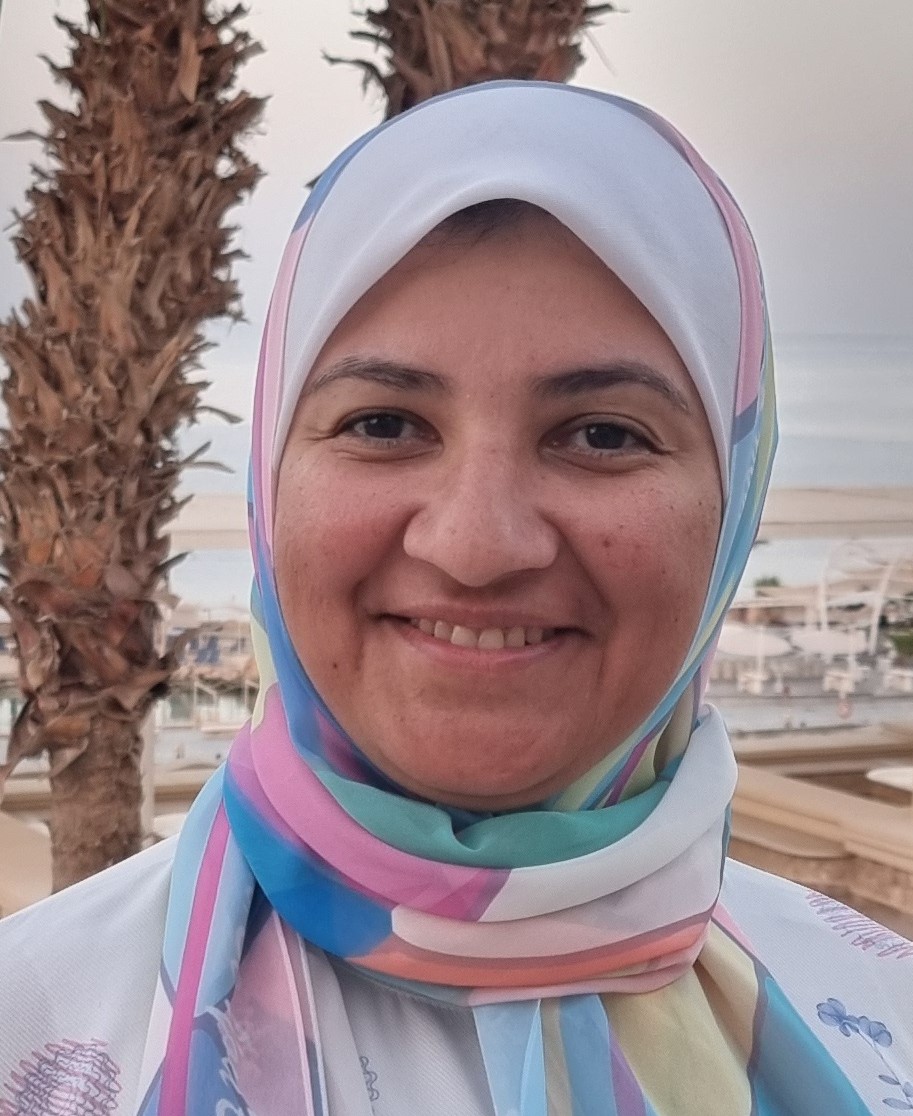
- Dr. Eman Mohamed Eleman
- Director of System Engineering Department, Egyptian Space Agency
Closing remarks
- Ms. Yukiko Mizuno
- Director for Scientific and Technical Cooperation, JICA


